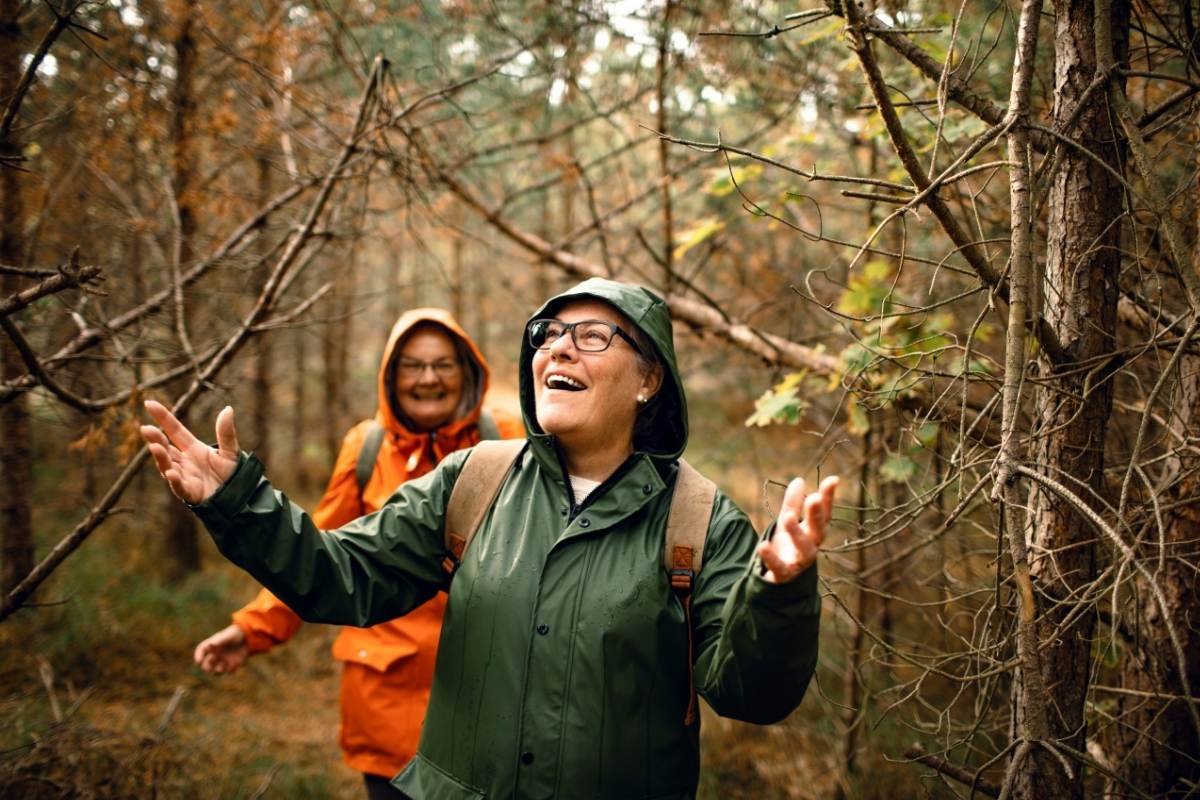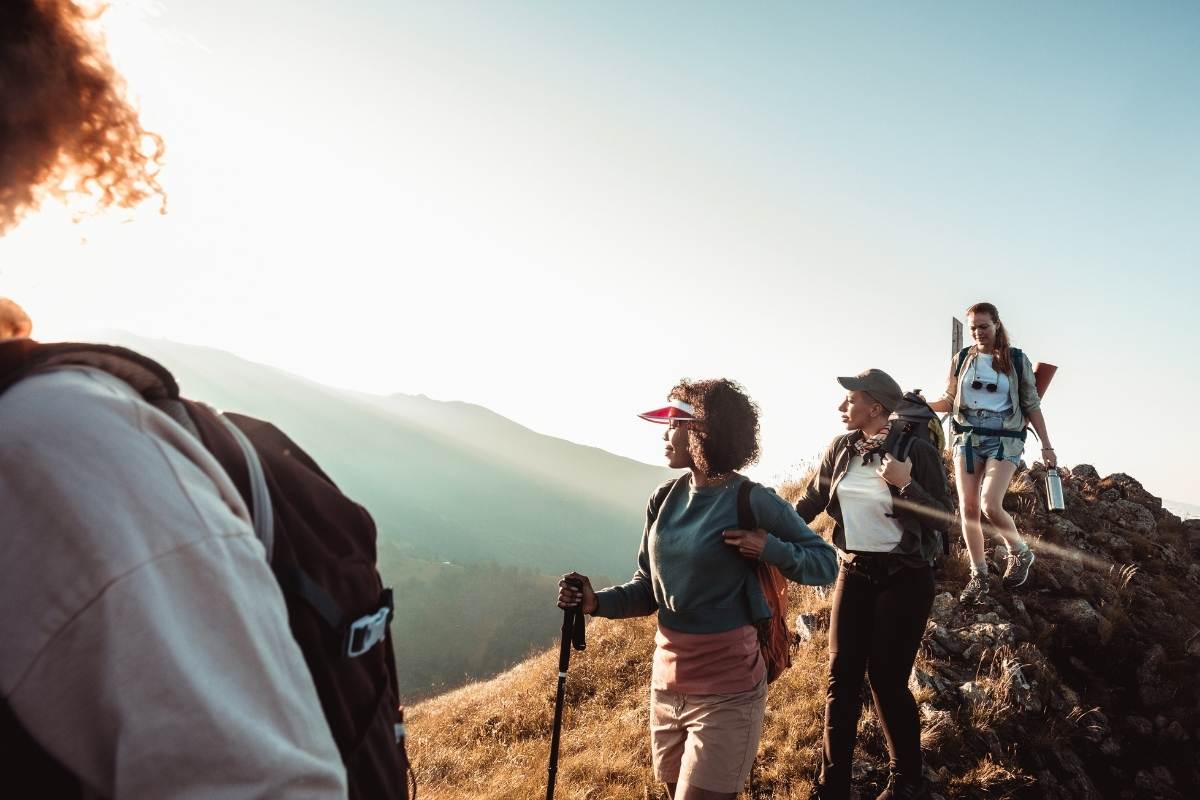The Benefits of Using CBD for Post-Hike Recovery
Hiking is an undoubtedly stimulating and life-changing experience. However, it can also be excruciatingly painful afterward. If you are new to this outdoor activity, expect a few joint and muscle soreness the morning after. Even physically fit enthusiasts and professionals already used to tough, multi-day sessions can still wake up with swollen muscles.
Thankfully, hikers can now accelerate their post-activity recovery with the help of CBD in delta-8 thc carts. Despite the already considerable number of health-related advantages it offers, others still wonder: “How specifically does cannabidiol benefit us after a long and strenuous hike?”
How Cannabidiol Works
Our body has an endocannabinoid system that consists of molecules and receptors and is essential to retaining our body’s equilibrium, regulating our pain levels, mood, and sleep.
When you ingest cannabidiol, it binds to the CB1 (found in your brain) and CB2 (located in nervous and immune systems) receptors in your endocannabinoid system. Such a process activates the endocannabinoid system and eventually addresses some issues your body may have.
In other words, cannabidiol could be an effective treatment for joint or muscle soreness, depression, anxiety, sleep deprivation, and – most importantly – inflammation.
How Cannabidiol Helps in Post-Hike Recovery
As far as hiking is concerned, cannabidiol proves to be the most effective way of recovering from that draining scale in the wilds. From an inflammation treatment context, this single compound has become notable for helping many alpinists.
For example, once you take on the challenge of off-trail hiking that demands elevation gain, many small tears arise in muscle fibers. Such minuscule tears may result in inflammation, and the swelling eventually leads to soreness, stiffness, or both.
Using cannabidiol to minimize inflammation during your recovery period will remarkably help you as a hill climber because this compound will assist your muscles in healing torn tissue fibers that transpired during the activity.
Additionally, one study on cannabidiol concluded that the compound is not only capable of alleviating fatigue and pain among multiple sclerosis patients but also enhancing their mobility. Another scientific review states that cannabidiol inhibits pro-inflammatory proteins and promotes anti-inflammatory ones to stabilize such inflammatory processes, with the review authors mentioning that cannabidiol has the potential to support muscle recovery.
Other Health Benefits After the Hike
With a deprived night’s rest, the human body cannot function properly due to not having the sufficient recovery it needs, and this complication will heavily impact your hiking schedule. As mentioned before, cannabidiol is also efficient in remedying one’s lack of sleep.
A few hours after that much-needed post-hike rest, it’s even more vital to obtain enough sleep so your body will experience an immense volume of muscle reconstruction and recovery.

While most of today’s research studies into the wellness perks of CBD are still in development, knowing its many advantages – especially in treating inflammation after the hike – is already a good sign. If you want to try it before your outdoor adventure, start with a cannabidiol balm or salve so you can use it anywhere when the need arises.
